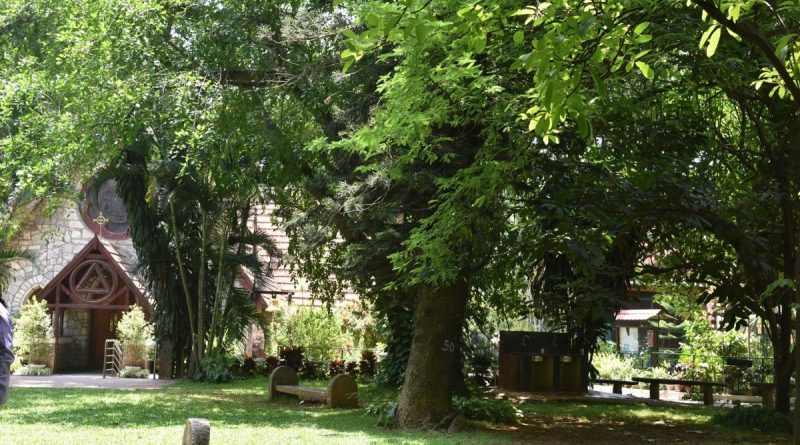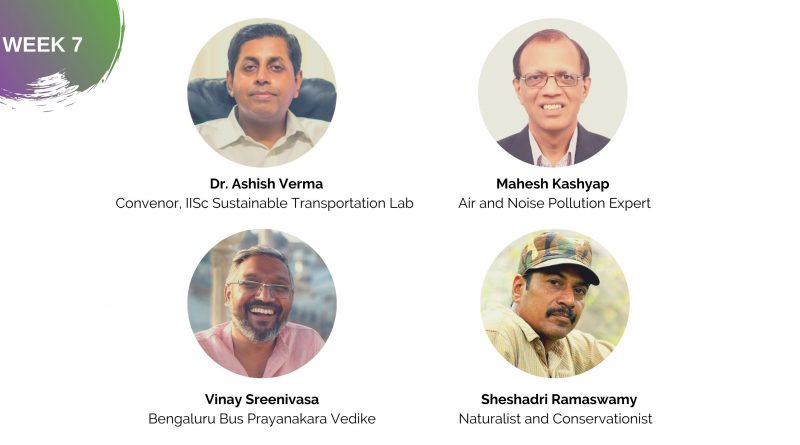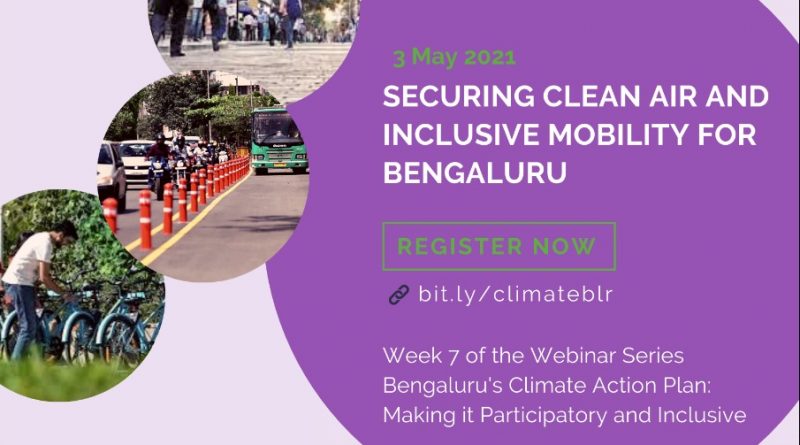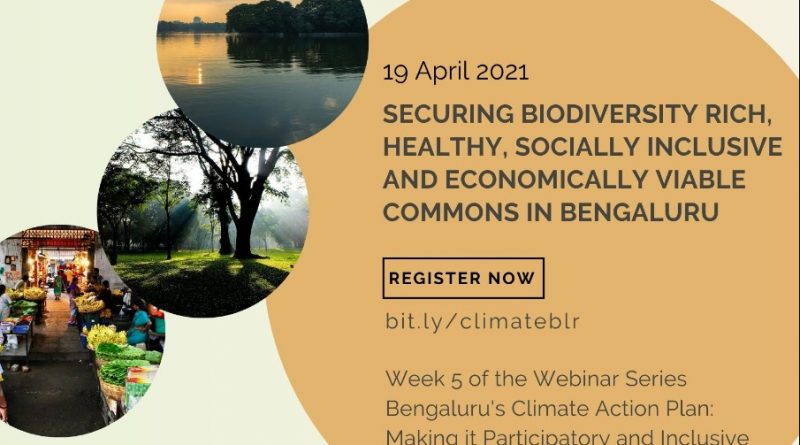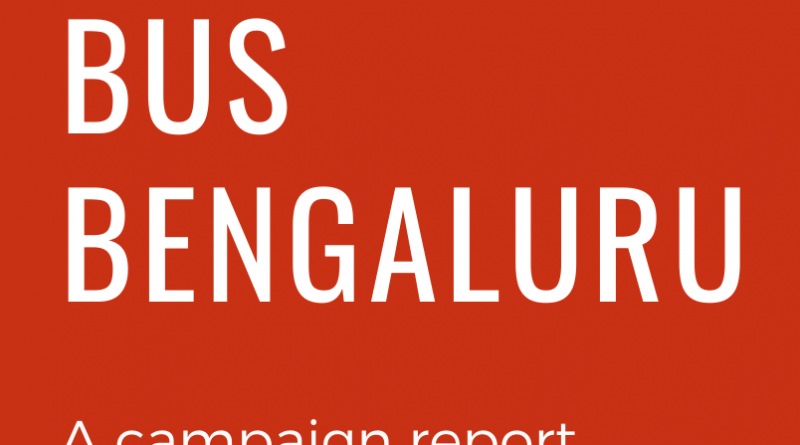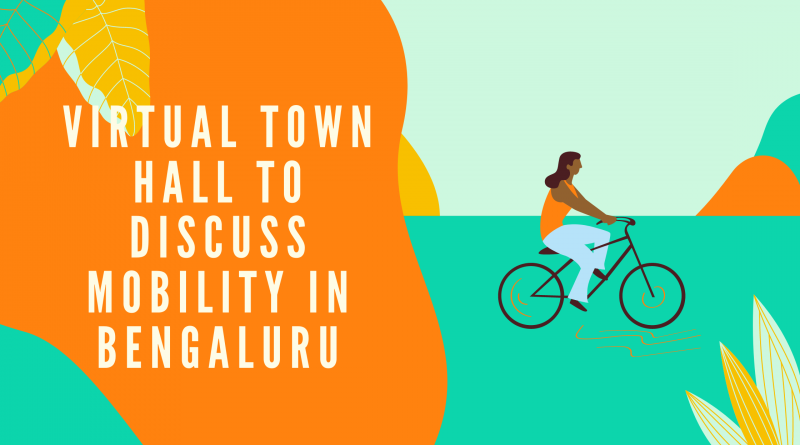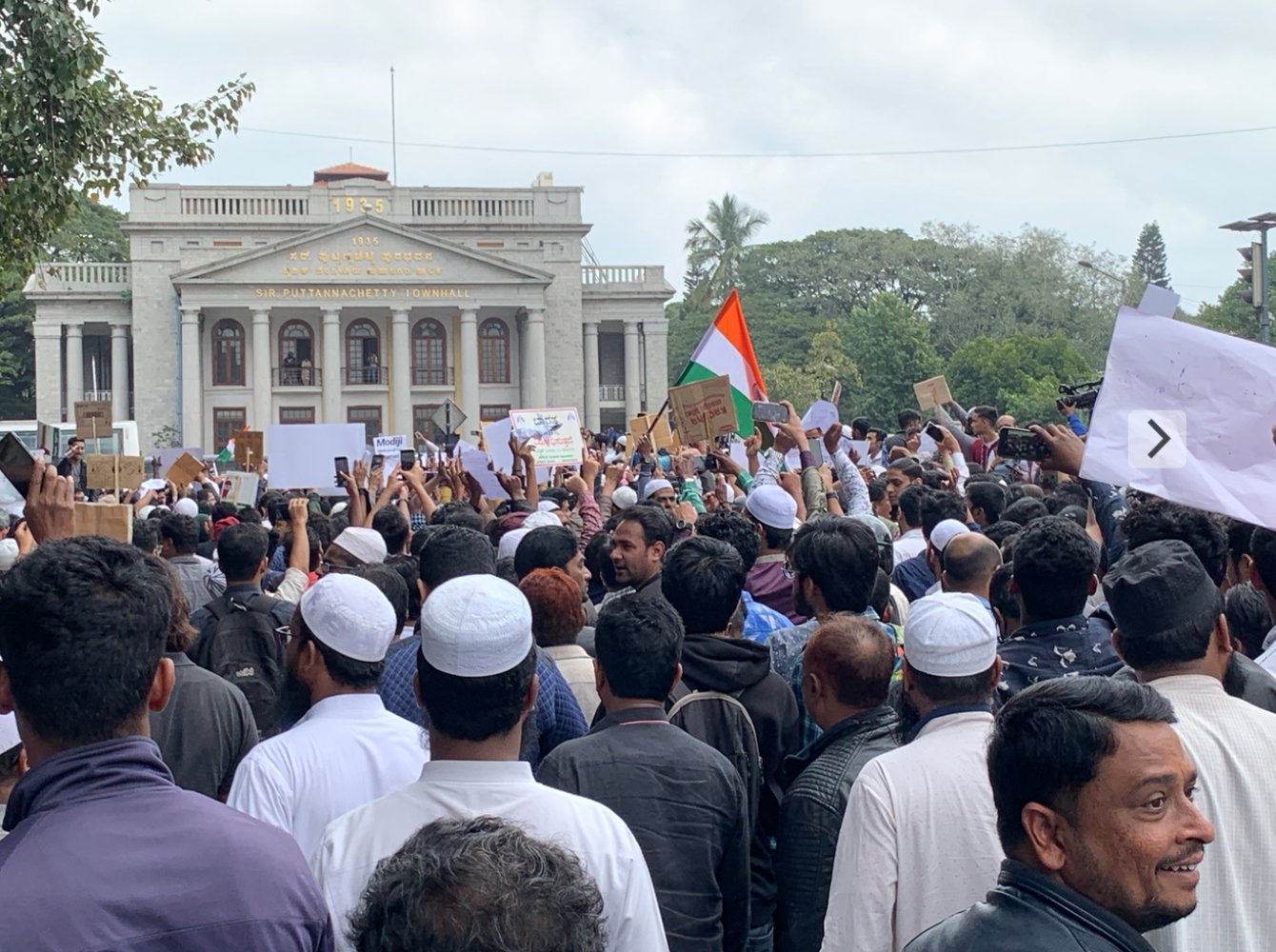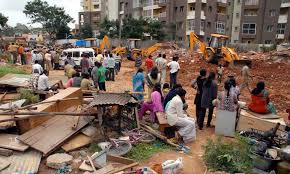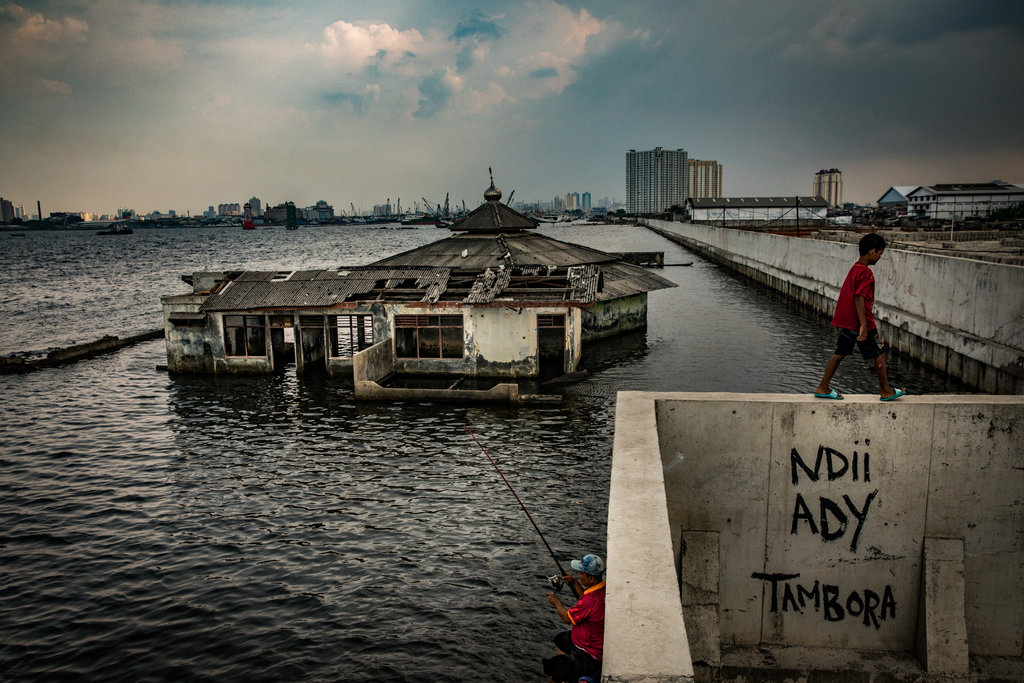Consultation with Senior citizens to create a socially inclusive and decentralised climate action plan for Bengaluru!
Environment Support Group, in partnership with the Commonwealth Foundation, is conducting a series of discussions with various groups that are disproportionately affected by climate change. The aim is to create a socially inclusive and decentralised climate action plan for Bengaluru!
Read More



